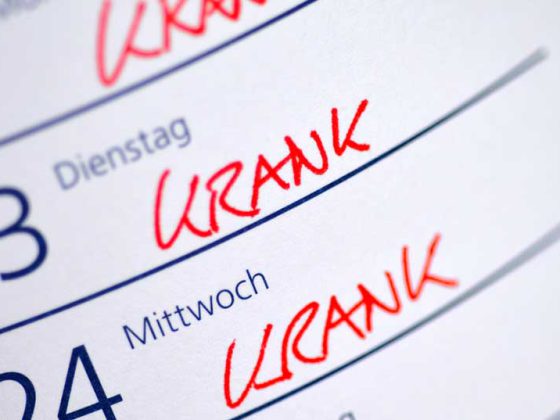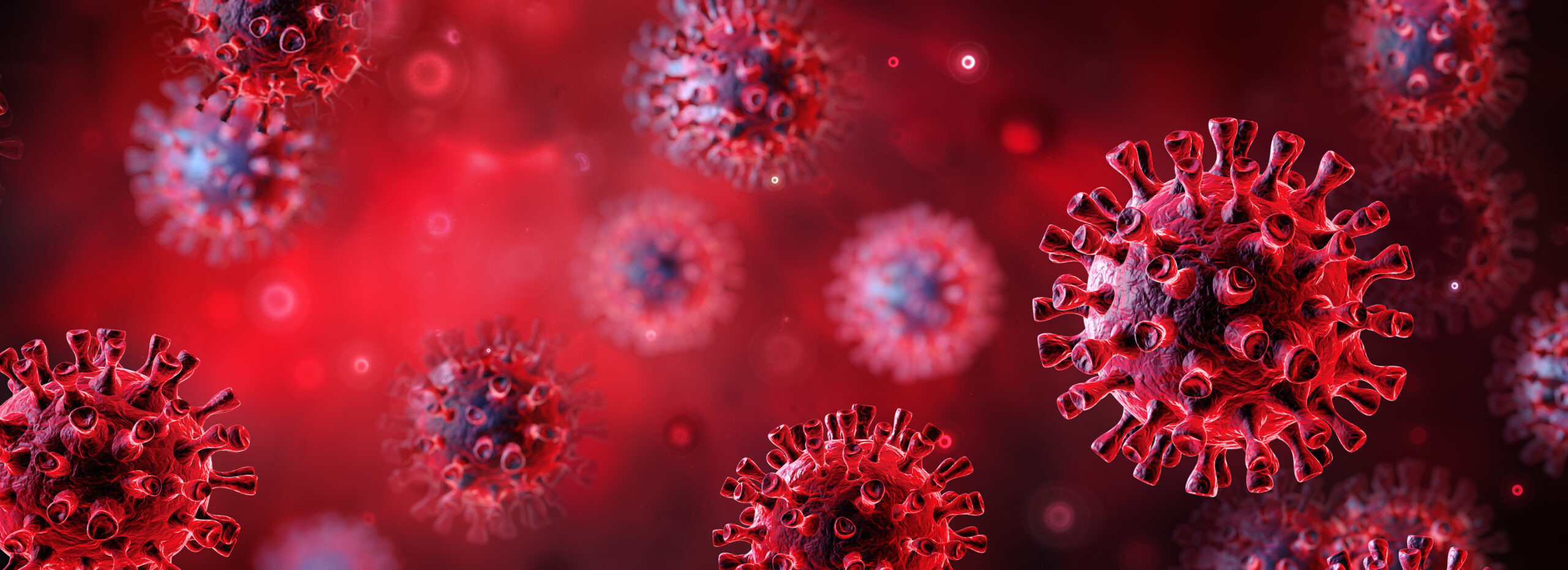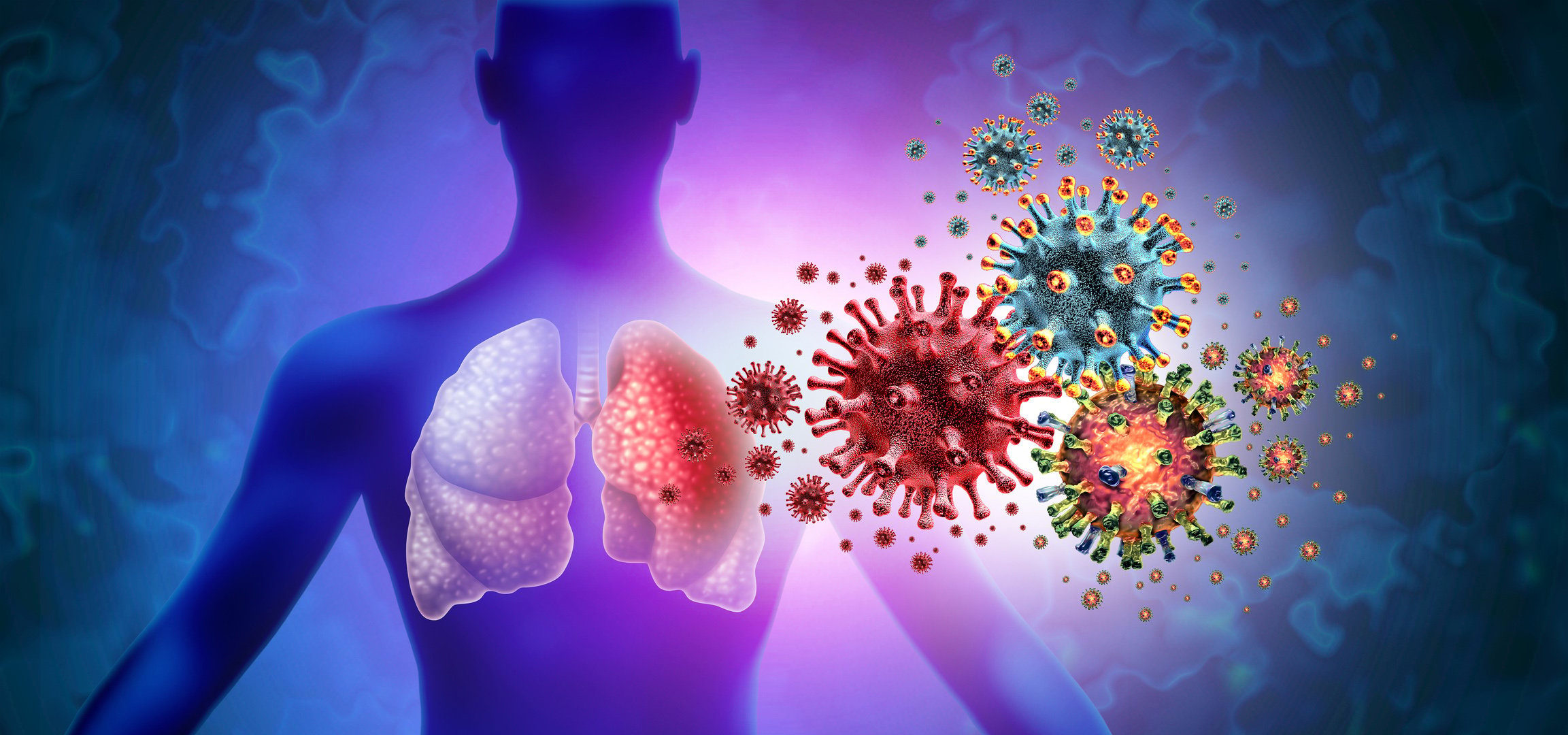The KRAS gene is one of the most frequently mutated oncogenes in human cancers and thus represents a promising target in the therapy of diverse solid tumors. Sotorasib is currently being clinically tested as the first KRASG12C inhibitor. Updated data from the full Phase I cohort were recently published in the New England Journal of Medicine.
With the development of Sotorasib, targeting the KRAS protein is possible for the first time. This is mutated in many different solid tumors. The specific KRASG12C mutation occurs in approximately 13% of patients with non-small cell lung cancer (NSCLC), 3-5% of patients with colorectal cancer, and as many as 1-2% of patients with other solid tumors [1–4]. It has been identified as an important driver of tumor growth and thus may play an important role in oncological therapy in the future, across multiple tumor entities. The clinical potential of selective and irreversible binding of sororasib to KRASG12C is currently being tested in the phase I/II CodeBreaK 100 trial [5].
First study in humans
The CodeBreaK 100 study is investigating the safety and efficacy of the new compound in adult patients with locally advanced or metastatic tumor disease and KRASG12C mutation. All participants are heavily pretreated. Data from the open-label, multicenter Phase I trial, in which different doses were primarily tested for safety, are available and enrollment in the single-arm Phase II trial with the NSCLC as well as colorectal cancer cohorts has been completed.
Overall, the Phase I study showed promising anti-tumor activity of sororasib taken orally once daily. The study included 129 patients, 59 of whom had NSCLC, 42 of whom had colorectal cancer (CRC), and 28 of whom had other solid tumors. The objective response rate in patients with NSCLC was 32.2%, and 88.1% of them showed stable disease with the new therapy. The median progression-free survival (PFS) in this subgroup was 6.3 months. For those patients with NSCLC who received the highest dose of 960 mg, response rate and disease control rate were even slightly higher. The data from the CRC group are not quite as promising. Here, an objective response was observed in 7.1% of patients and the disease control rate was 73.8% with a median PFS of 4 months. The authors also reported a response to KRASG12C inhibitor therapy in pancreatic, endometrial, appendiceal, and melanoma [5].
The results of the first CodeBreaK-100 study are encouraging not only in terms of efficacy but also in terms of safety. No dose-limiting toxicities or treatment-related deaths occurred. Across all subgroups, adverse drug reactions occurred in 56.6% of study participants, and 11.6% of patients experienced grade 3 or 4 adverse events. Diarrhea, elevation of liver enzymes, fatigue, and nausea were most commonly observed [5]. With these results, the benefit-risk profile has been considered extremely positive so far.
A new targeted therapy soon?
To confirm the data collected to date and to test the broader application of Sotorasib, recruitment is currently underway for the global, randomized, active-controlled Phase III CodeBreaK 200 trial. In this study, sororasib is compared to docetaxel in the second-line setting in patients with NSCLC. At least for the treatment of KRASG12C mutated non-small cell lung cancer, the active substance could therefore soon receive approval. The potential of soterasib, and possibly other KRAS inhibitors, in other oncologic diseases is likely to keep researchers and physicians busy in the future and could be of great importance to patients.
Source: “Clinical Study of Sotorasib (AMG 510): Data from Full Phase 1 Cohort Published in the New England Journal of Medicine,” 08.10.2020, Amgen Switzerland AG.
Literature:
- Neumann J, et al: Frequency and type of KRAS mutations in routine diagnostic analysis of metastatic colorectal cancer. Pathol Res Pract 2009; 205(12): 858-862.
- Jones HG, et al: Genetic and Epigenetic Intra-tumor Heterogeneity in Colorectal Cancer. World J Surg 2017; 41(5): 1375-1383.
- Wiesweg M, et al: Impact of RAS mutation subtype on clinical outcome-a cross-entity comparison of patients with advanced non-small cell lung cancer and colorectal cancer. Oncogene 2019; 38(16): 2953-2966.
- Canon J, et al: The clinical KRAS(G12C) inhibitor AMG 510 drives anti-tumor immunity. Nature 2019; 575(7781): 217-223.
- Hong DS, et al: KRAS. N Engl J Med 2020; 383(13): 1207-1217.
InFo ONCOLOGY & HEMATOLOGY 2020; 8(5): 36.











